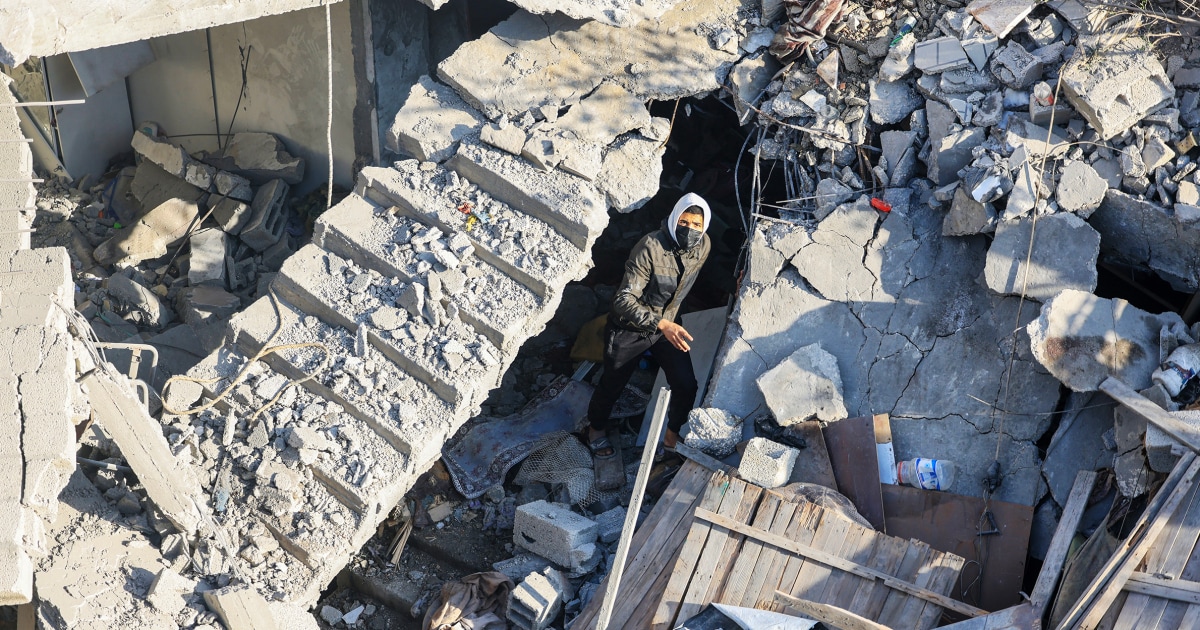
“There is no aspect of civilian infrastructure that has been untouched,” she added, listing medical equipment, road construction materials and housing materials as goods needed to rebuild, but which must be approved for import and could emerge as major stumbling blocks.
Power asymmetries in this conflict mean Israel will have an outsize role in determining whether Gazans will be allowed to return to northern areas, experts said. As it is, there are no real guarantees they will.
Slim said that Western powers will undoubtedly call on wealthy Arab Gulf nations — namely Qatar, Saudi Arabia and the United Arab Emirates — to do the rebuilding, but they have little appetite for it.
“These countries now are saying, ‘We are not going to rebuild something and put billions of dollars in it today, when tomorrow, this thing will repeat itself and we will waste all this money,’” she said.
The same goes for peacekeeping efforts.
“I do not see anyone being dumb enough to position themselves as the security arm of the Israelis in Gaza,” Levy said.
That leaves the provision of basic necessities to humanitarian organizations and U.N. agencies “to just try and keep these people alive, sheltered, fed,” he added.
Meanwhile, those in Gaza have long borne the brunt of this protracted conflict, making them excruciatingly aware that their wishes will factor little in any potential resolution. Seeing their neighborhoods reduced to rubble underlines the difficulties still ahead — even in the hard-to-imagine day when daily suffering and death finally end.
“We don’t have a choice in our life. We are forced to die, forced to starve, forced to be hungry,” Dr. Ebraheem Matar, 27, told NBC News by telephone from Al-Aqsa hospital in central Gaza.
“As we say, the real war starts after the end of the war.”

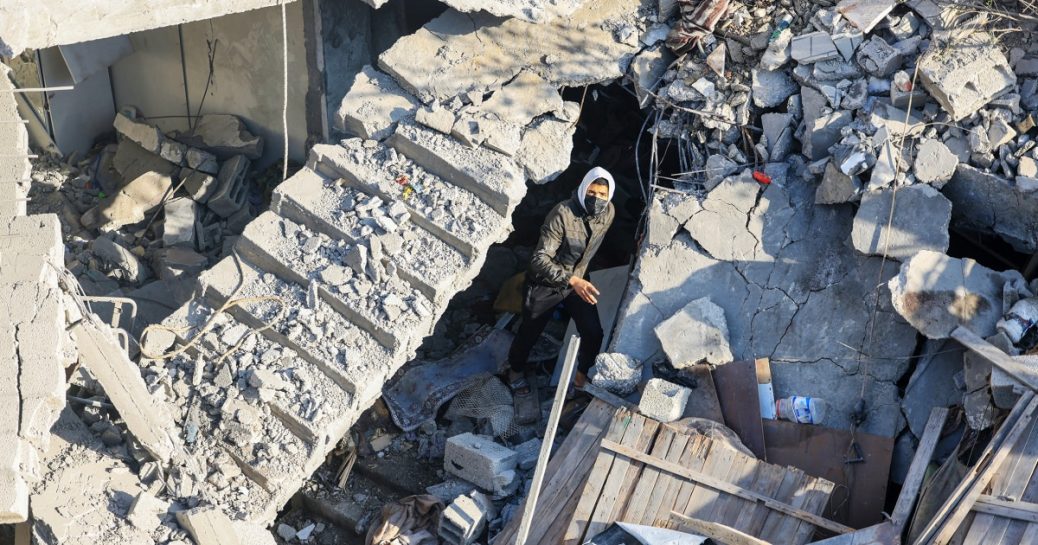
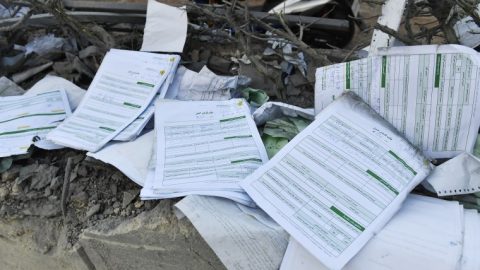

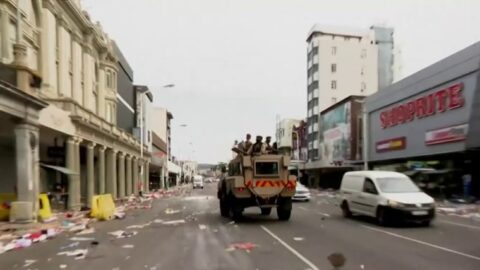

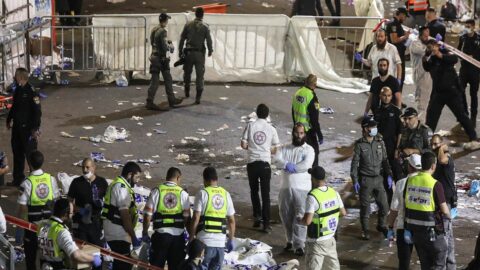

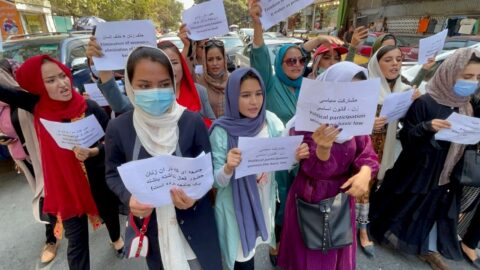
Recent Comments